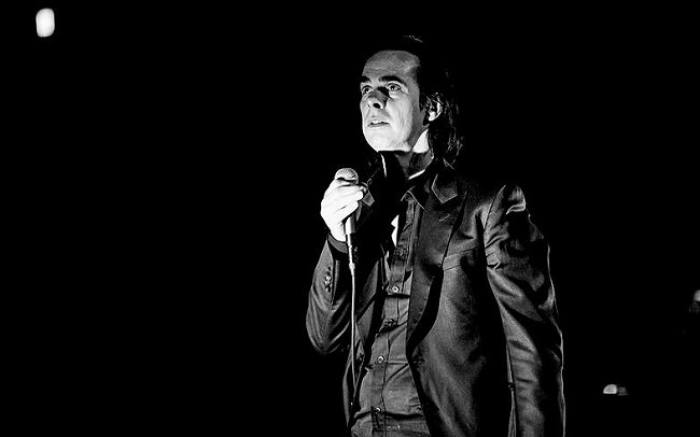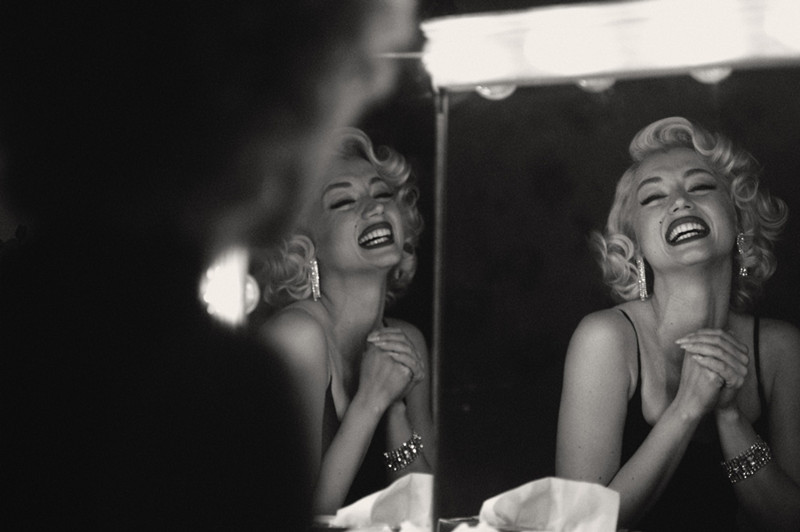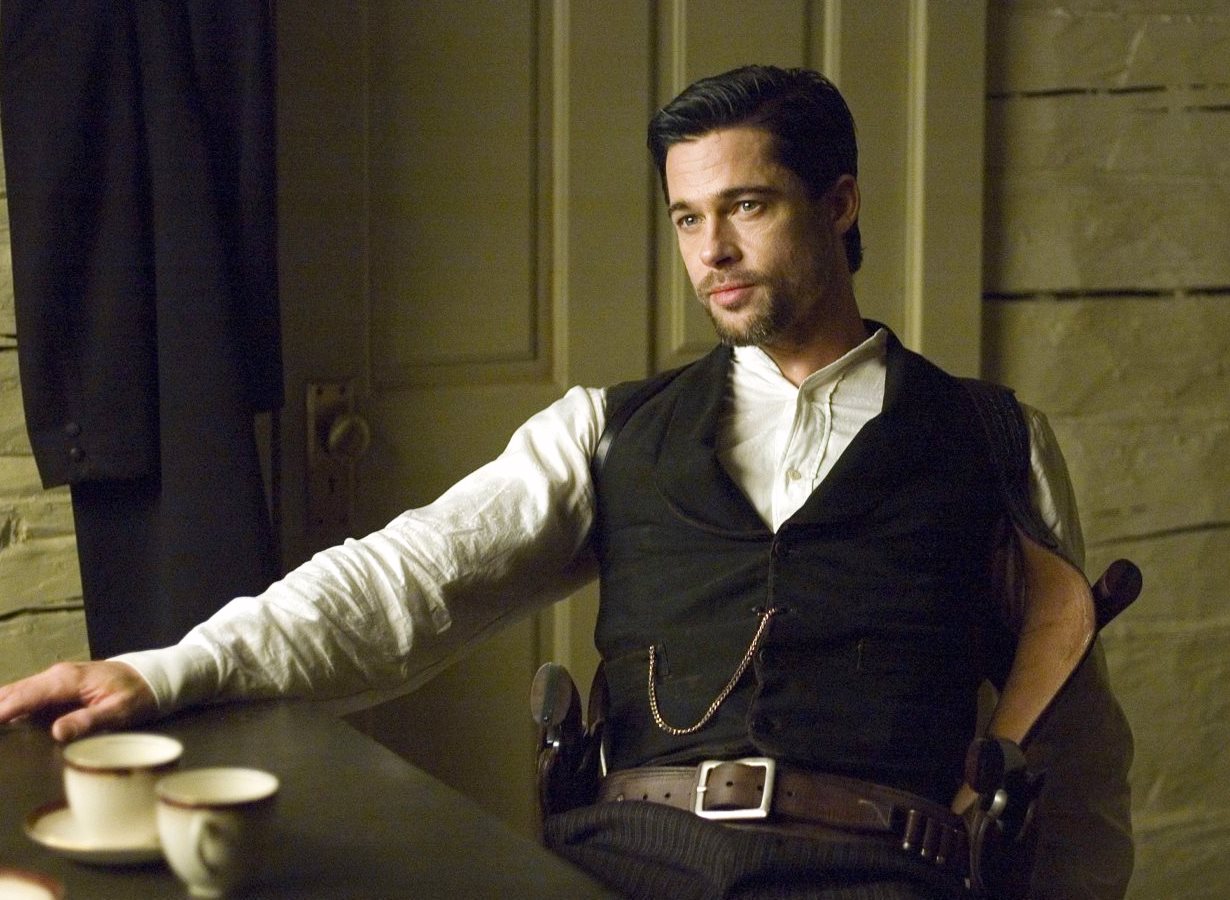3. One More Time with Feeling (2016)

Grieving and creative process coalesce into one in this poignant journey through Nick Cave’s mind in the direct aftermath of the unfortunate death of his 15-year-old son Arthur.
Shot within 10 days in stark, black-and-white 3D cinematography by Gaspar Noé’s frequent DP Benoît Debie, the documentary was originally supposed to focus exclusively on the music performances during the later production of Nick Cave & the Bad Seeds’ sixteenth studio album, ‘Skeleton Tree’. However, Dominik opted to conduct improvised interviews with the group, with the condition that Cave could edit out anything he pleased. Ultimately, the director got away with final cut privileges, and as a result, we got an incredible peek into his creative thought process and psychological state.
The biggest takeaway of this tandem of documentaries, is that art — whether music, film, or literature — can provide an invaluable outlet to express oneself when everything else fails. In the case of Cave, completing ‘Skeleton Tree’ was nothing short of therapeutic and healing during a time where grief and pain could’ve easily taken over. This realization makes an otherwise glum documentary overshadowed by grief, miraculously re-affirming.
2. Blonde (2022)

It was a matter of when and not if before Hollywood exhumed one of its most enduring icons with a brand-new biopic treatment. Based on Joyce Carol Oates’ controversial 700-page novel of the same name, Dominik’s ‘Blonde’ navigates through the legendary actress’ well-trodden fall from grace to expose the tortured soul behind the divine sex symbol alter-ego.
Much has been debated about the artistic license, as well as the morally dubious decisions concerning Monroe’s harsh treatment. To be fair, those are two completely reasonable complaints when assessing the merits of a purportedly factual biopic based on a real person — though it is the writer’s belief that deliberately *not* addressing Monroe’s torment would have been equally reprehensible.
To a certain extent, Dominik succeeds in decrying his protagonist’s plight and representing the myriad pressures and sacrifices that engender despair in women within a ruthless, patriarchal milieu like Hollywood’s meat grinder. However, in order to do so, the film does inadvertently play into the very same pattern of abuse and exploitation that it’s trying so fervently to critique, resulting in a psychological audit that may read a bit like ‘Irreversible’ meets ‘Mulholland Dr.’ — which in layman’s terms means a movie that was always destined to touch a nerve among audiences.
One thing that can be appreciated by everyone, however, it’s the dizzying camerawork, gaudy editing, and surreal soundscape in display — certainly a best in Dominik’s career — one which overtly tries to evoke the ethereal quality of David Lynch and Terrence Malick’s work. This instills the film with a technical prowess that is only upstaged by Ana de Armas’ knockout performance, a spellbinding turn that should be showered in accolades this fall.
1. The Assassination of Jesse James by the Coward Robert Ford (2007)

Was there any doubt?
Not to take anything away from the previous entries in the list, but it’s safe to say Andrew Dominik hasn’t even come close so far to replicating the outstanding results achieved in this near-flawless masterpiece. On the heels of ‘There Will Be Blood’ and ‘No Country for Old Men’, two generation-defining American classics, both of which, in their own way, addressed how greed, violence, and lust for power are all deeply ingrained in the American dream, Andrew Dominik dropped another certified masterpiece that reckoned with similar themes.
Reinventing the western with radical confidence by upending each of its well-trodden clichés on their head, Dominik’s wordily-titled contemplative epic chronicles the waning days of Jesse James, one of the most notorious and iconic outlaws in American history, as well as his thorny relationship with his confidant and eventual slayer Robert Ford. Through its larger-than-life icon — a half-man, half-myth whose forced-upon public persona projected an aura of divine invulnerability — the film interrogates the nauseating cult of celebrity that still wraps its tendrils around modern pop culture. Though worshiped as a god amongst men, the real Jesse James we see in flesh is an insomniac, anxiety-addled criminal on the verge of collapse; paralyzed with fear of his own demise.
Bolstered by an all-time performance by Brad Pitt, who virtually disappears into the role, and perhaps the most stunning cinematography in recent memory courtesy of Roger Deakins, ‘Jesse James’ is a sight to behold and the defining film in Dominik’s career.